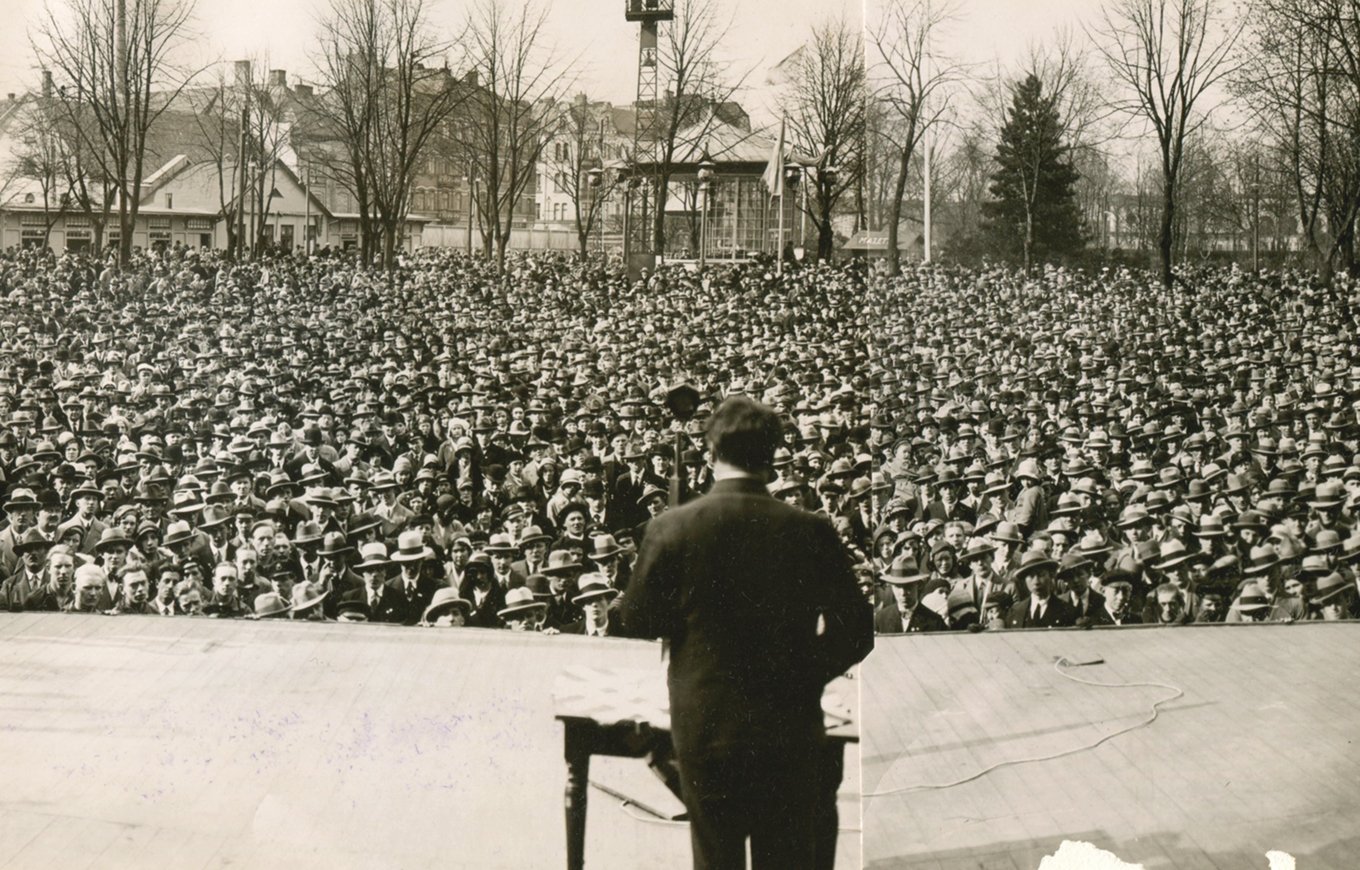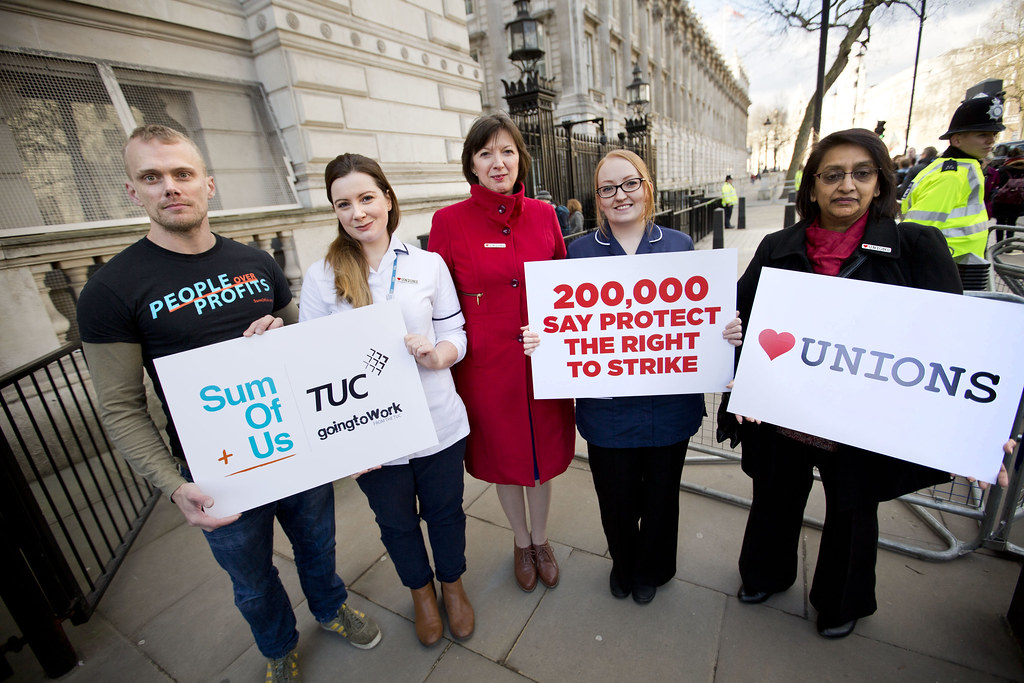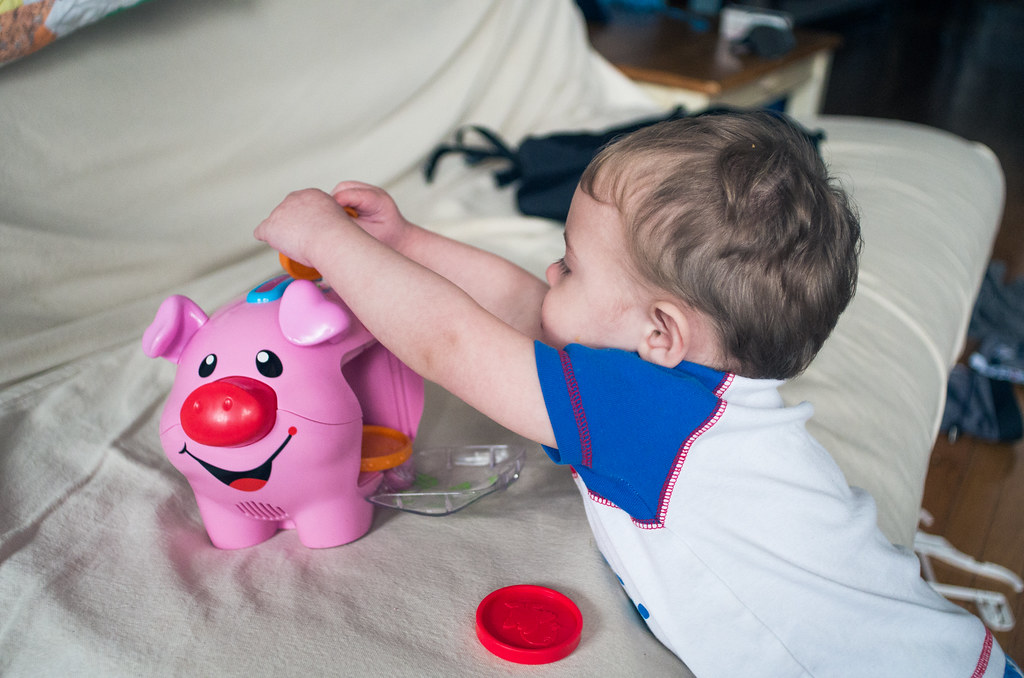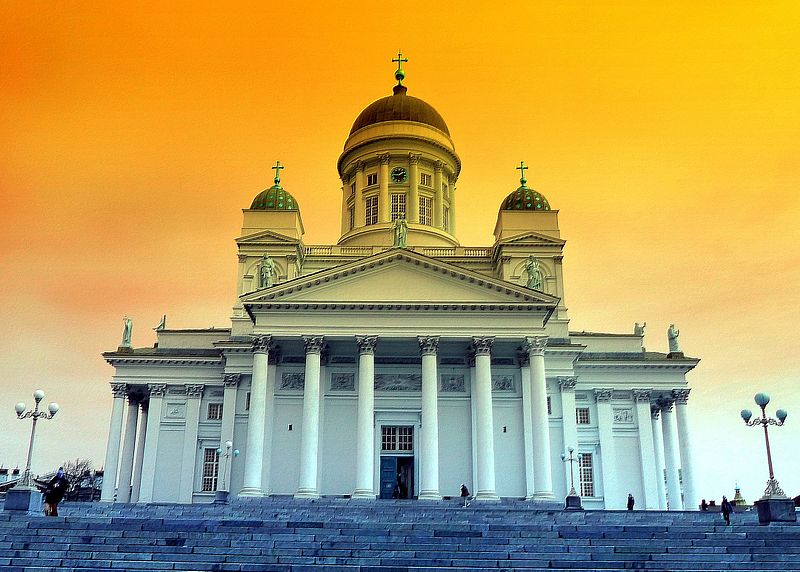They say that memories are associated with smell, that we are transported through time from what it evoked from our childhood. The uniqueness of a community such as Green Street in Newham is its sprawl of supermarkets and restaurants decorating the town with the rich smells of South Asian culture. These were places I visited every weekend with my mother, where relationships with shopkeepers were built over time, and a sense of affection for the place gathered even when I used to rue how my Saturdays were lost to grocery shopping.
There was noise in these streets, to signal the existence of a vibrant, thriving community. But today, there is silence. Many shops that were there for a long time have now closed up, perhaps permanently, and the emptiness is striking. Green Street as a place evokes images and memories of its cultural shops and food vendors, filled with people streaming through on an average Saturday.
It signifies the importance of high streets and how integral they are to local communities. But the high streets, as people are increasingly clear, are dying today. Online commerce has presented a danger to high streets by accounting for nearly a fifth of overall retail sales. Footfall for high street retail has been declining sharply for years as shops with physical presences have struggled to compete with the online world. For example, 2019 witnessed a monthly slump in footfall in contrast to the prior year.
This is a feature of an unstoppable tide of globalisation in which the intersection of internet and technology has seen businesses innovate in remarkable ways, but often at the expense of smaller ones. Amazon is perhaps the greatest example of predatory capitalism: a model based on repressed workers’ wages and crushed collective organising to maximise profits. In 2019, it accounted for 30% of online commerce. Unsurprisingly, it only continued soaring during the pandemic as people’s buying habits were altered by social restrictions.
This has now been compounded severely by the pandemic imposing social distancing on the country. Online commerce has not suffered whilst people have been stuck at home but high street retail has drastically dipped due to having to close. Indeed, many companies have simply collapsed, including iconic chains such as Debenhams. Another effect of the pandemic has been a sharp decline in planning permissions as businesses have instead targeted online commerce, with an alarming 22% fall in planning applications for new stores. So far, thousands of jobs have been endangered by the pandemic, despite the government’s injections of financial relief. There are many smaller businesses, like those in Green Street, which may never recover and will simply fold and disappear quietly.
One of the underlying resentments that drove the Brexit vote was the increasing sense of an atomised society. People resented the closure of community assets that provided a shared space for interactions. The high street represents one aspect of this but it has been in sharp decline, accelerated now by the virus. It has been threatened for a long time by online commerce and whilst the increasing ubiquity of buying online might be seen as better in terms of speed and efficiency, there are tangible benefits to a high street that are being lost, including jobs.
Not all businesses have the resources to survive online where the power of advertising dominates. For a lot of the smaller businesses, there is a benefit to carving a place on a street and developing a name by people passing by and venturing in and then spreading the word.
A town gains much from it too that it wouldn’t get should a popular local business simply be replaced because people were now able to order off the internet. It is on the streets where a sense not just community but what that particular community represents is developed. Green Street forged a name by hosting shops that delved deep into the rich South Asian culture. In fact, the history of famous working-class London towns are usually defined by the types of immigrant businesses established within those areas. Brick Lane’s history is rich and diverse, but more lately known for the plethora of Bengali restaurants that have been a social staple for generations.
There is a value in this that an economic model of shortcuts and profits could not possibly understand. And if one looks at areas such as Blackpool, the sense of decay begins with the lack of thriving high streets. The Labour Party is slowly beginning to grasp this and has called for measures that allow councils to take ownership of vacant shops. This would entail of councils working with owners of vacant shops to revitalise the business. Should this not prove possible, the council would then secure management of the shop, though the owner would be able to eventually claim the rent payment on it.
Whilst there needs to be more on this front, it is at least a sign that Labour is thinking in the correct direction. What is also crucial to the survival of the high street in the face of the current pressures is the end of lockdown courtesy of a successful widespread vaccine programme. The government has moved swiftly on securing vaccines for the country, and should the UK be in a position to emerge out of lockdown soon, that would a lifeline for many businesses currently drowning. The prospect of another Christmas with the shutters pulled down would simply obliterate countless smaller businesses.
It is too easy to dismiss concerns of the rapid pace of change as nostalgia and refusal to accept the modern times, but the era of increasingly replacing high street retail with e-commerce must be robustly resisted in the interests of preserving what makes our local communities enchanting. Towns like Green Street depend on the small businesses that provide a sense of heart and history to the community. However, just preserving the past is not enough. We need to also help revitalise them with new businesses.
One tool in revitalising the high streets is community ownership, which means businesses are democratically owned by the local residents. A great example of this are community pubs – while one in five British pubs had to close between 2009 – 2019, every single one of the 118 community pubs in the country has remained in operation since the first one was established in 2004. Even as Covid has wreaked havoc in the pub industry, not a single one of the community pubs have been forced to close permanently.
With bipartisan support, the government has recently announced a £150 million Community Ownership Fund to help ordinary people buy or take over local community assets at risk of being lost and convert them into community-owned cooperatives. The focus is especially on pubs and sports amenities. The funding will be provided in the form of matched investment in crowdfunding campaigns of community share offerings. Community shares are a form of financial securities that allow investment into cooperatives – the investor receives no voting rights in the enterprise, but they do receive a modest return and can withdraw the money after an agreed period. The first community shares were issued in 2012, and since then they have raised over £155 million from over 104,000 ordinary people. This has included 585 campaigns of which only 10 have failed to an extent that the investors have lost any money, and the average return has been around 4.8%. The Community Ownership Fund The Community Ownership Fund will make matched investments – so if a community group raises £100,000 of community share investments, the fund will invest an additional £100,000. The matched investments are capped at £250,000 but exceptions can be made for fan-owned sports teams, that can be provided with a maximum of 1 million pounds in exceptional circumstances. We at Mutual Interest will be doing our best to help promote these campaigns.
The atomization of individuals and concentration of faceless, rootless capital that seeks to solely maximise profits is ripping apart the social fabric that binds us together into neighbourhoods and communities. Government interventions are needed, but this tragic pandemic has also led into spontaneous outbursts of neighbours helping each other. We must not let this spirit fade away, but it should rather be harnessed into a force that will breath new life into our communities, creating stronger neighbourhood ties and more lively high streets.





